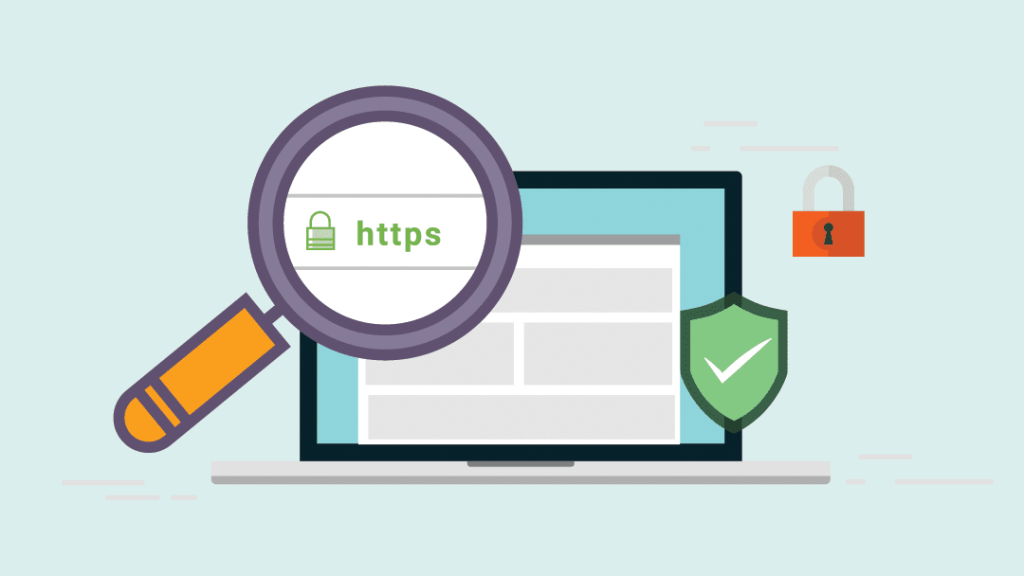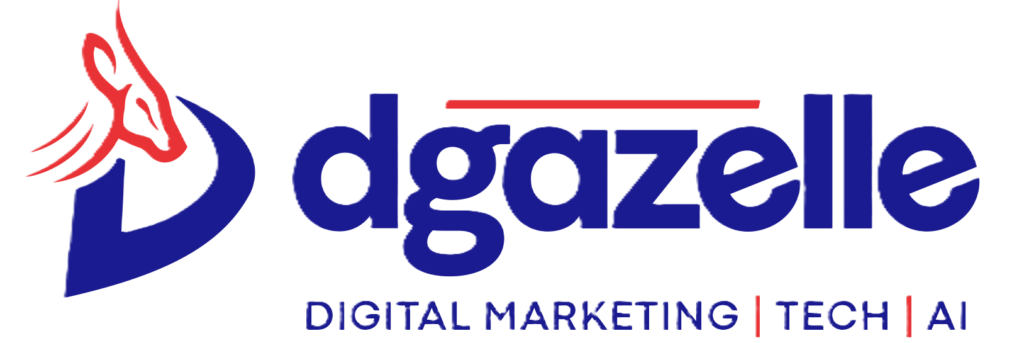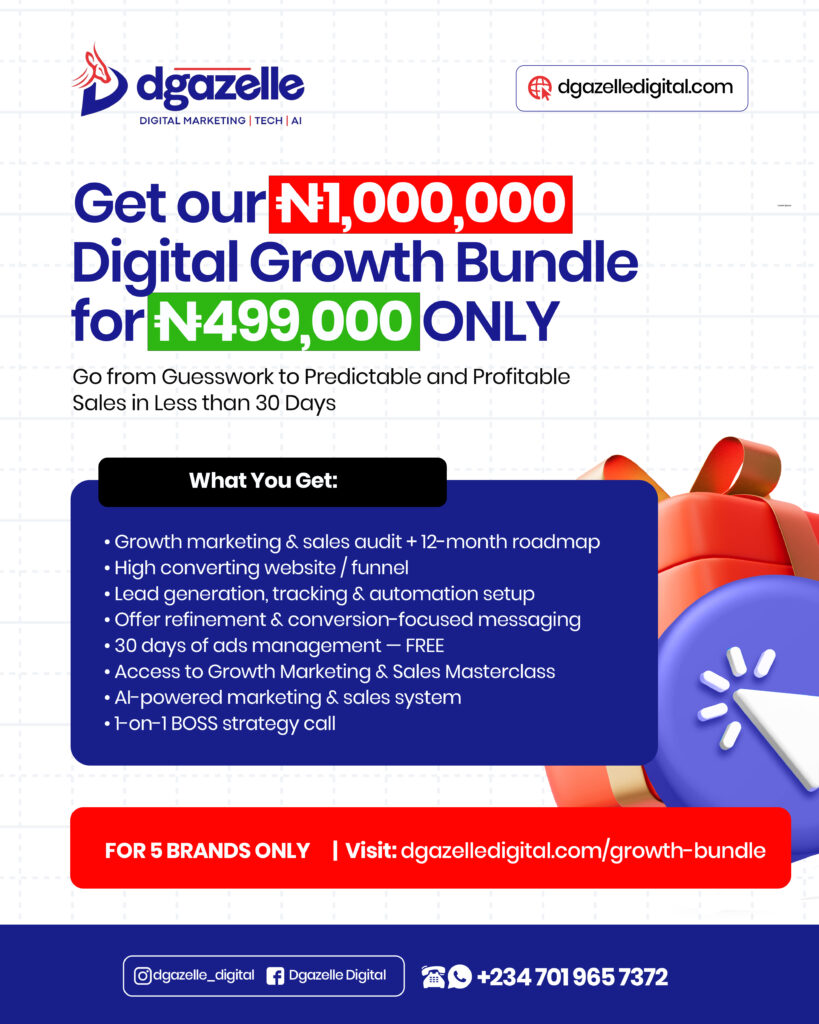Introduction
Imagine your SME without a website—a digital fortress that guards your business’s valuable information. In today’s cyber-centric world, this vulnerability is akin to leaving the doors to your physical store wide open at night. Your valuable data, customer information, and reputation are all at risk, and it’s high time you fortified your digital defenses.
In this article, we’re going to explore 8 website security tips to help safeguard your online presence from the relentless hackers and cyber threats that lurk in the digital shadows. We’ll equip you with the knowledge and tools to protect your business and its integrity. By the end of this read, you’ll understand the importance of website security as a formidable digital fort against the onslaught of cyber threats. Let’s embark on the journey to fortify your digital presence.
I. Understanding the Stakes of Website Security
Before we dive into the website security tips, it’s crucial to comprehend the stakes. In the digital realm, your website acts as a front door to your business. It holds sensitive customer data, financial information, and proprietary business details. Hackers are not only after your data but also your customers’ trust. A data breach can tarnish your reputation, result in financial losses, and even lead to legal consequences. It’s vital to protect this digital fortress with the utmost care.
II. Regular Software Updates
Hackers are always on the lookout for vulnerabilities in software, which is why it’s essential to keep all your website software, including the Content Management System (CMS), plugins, and themes, up to date. Software developers release updates to patch security holes and improve overall stability. Failing to update your software can leave your website susceptible to known exploits.
III. Strong Password Policies

Inadequate or easily guessable passwords are one of the most common weaknesses in website security. Ensure that you and your team use strong, complex passwords. A strong password includes a combination of upper and lower-case letters, numbers, and special characters. Implement two-factor authentication (2FA) wherever possible to add an extra layer of security.
IV. Web Application Firewall (WAF)
A Web Application Firewall (WAF) acts as a barrier between your website and malicious traffic. It filters and blocks harmful requests, such as SQL injection attempts and cross-site scripting attacks. A WAF can provide an additional layer of protection by identifying and blocking common website threats. Ready to fortify your digital fortress with a robust and secure website? Our team specializes in building secure websites for SMEs. Reach out to discuss how we can help you enhance your online security.
V. Regular Backups
Regular backups of your website data are a crucial insurance policy against cyberattacks. If your website is compromised or goes down due to a cyber-incident, backups can help you restore your site to a previous, uninfected state. Ensure that your backups are stored securely, preferably off-site or in a remote location.
VI. Security Plugins
For websites built on platforms like WordPress, there are several security plugins available. These plugins can bolster your website’s defenses by providing features such as malware scanning, firewall protection, and login attempt monitoring. Explore the best security plugins for your specific CMS and implement them to enhance your website’s security.
VII. SSL Certificate
An SSL (Secure Sockets Layer) certificate encrypts the data exchanged between your website and its visitors. It not only ensures secure data transmission but also boosts your website’s credibility, as browsers now label non-secure websites as potentially unsafe. An SSL certificate is essential for protecting user data, such as login credentials and payment information.

VIII. Regular Security Audits
Regular security audits are like a check-up for your website’s safety. They involve evaluating your website for vulnerabilities, testing for potential threats, and identifying weak points. Consider hiring a professional security firm to conduct these audits regularly to ensure your website remains secure.
IX. Employee Training
Your website’s security is only as strong as your weakest link, and often, that can be an unwitting employee. Training your staff to recognize phishing attempts, suspicious email attachments, and security best practices is crucial. Human error is one of the most common causes of security breaches, and educating your team can help prevent costly mistakes.
Interested in a comprehensive website security solution for your SME? Our experts can help you build a secure website that guards your digital fortress. Reach out to discuss how we can fortify your online presence.
Conclusion
In an era where digital threats are ever-present, fortifying your website’s security is not a luxury but a necessity. Neglecting website security can have severe consequences, from data breaches to loss of customer trust. By implementing the 8 website security tips outlined in this article, you can enhance your SME’s online defenses and ensure your digital fortress remains impenetrable.
Don’t leave your digital presence vulnerable to the whims of hackers. Reach out to us today to discuss how we can help you build a compelling and secure website that stands as an unyielding guardian of your business’s online integrity. The journey to a fortified digital presence begins here. Secure your future – and your customers’ trust – with a powerful website that can withstand the onslaught of cyber threats







